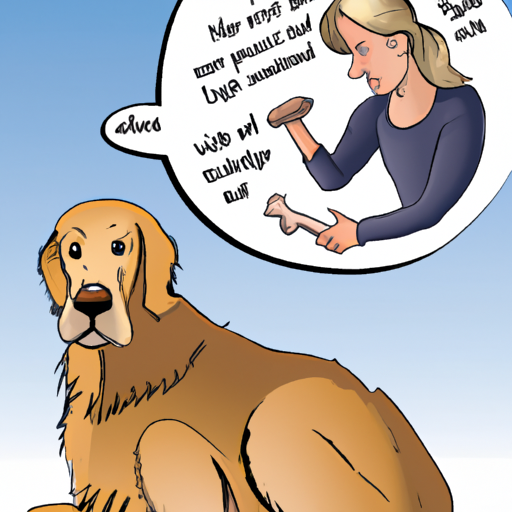Introduction
You’ve been there. You’re sitting comfortably on the sofa, engrossed in your favorite TV series, when suddenly you hear that distinct, distracting sound. Yes, it’s your beloved pooch, chewing on their paws again. Why do they do it? It might seem like an odd behavior, but understanding it could be key to ensuring your furry friend’s well-being.
Understanding the Behavior
Dogs use their mouths much like we use our hands. They explore the world around them, play with toys, and sometimes, they use their mouths to alleviate discomfort. Just like human beings might bite their nails due to stress or discomfort, dogs might chew their paws for various reasons:
- Allergies: This could be due to food or environmental triggers, such as pollen or dust mites.
- Pain: A thorn or sharp rock could have lodged in their paw, or they might have a cut or scrape that’s causing discomfort.
- Skin conditions: Fungal or bacterial infections can lead to itchiness and discomfort.
- Parasites: Fleas, ticks, or mites can cause severe itching.
- Anxiety or boredom: Much like human beings, dogs can resort to compulsive behaviors when they’re stressed or bored.
Identifying the Cause
Identifying why your dog is chewing their paws is crucial. To do this, you must put on your detective hat and observe. Look out for the following signs:
- Redness, swelling, or bad odor: These might indicate an infection.
- Over-grooming or hair loss: These could suggest a skin condition.
- Limping or difficulty walking: These might point to a physical injury.
Look at the table below for a quick reference:
| Sign | Possible Cause |
|---|---|
| Redness, swelling, or bad odor | Infection |
| Over-grooming or hair loss | Skin Condition |
| Limping or difficulty walking | Physical Injury |
Addressing the Issue
Once you’ve identified the potential cause, it’s time to take action. If the issue seems to be physical, like a thorn or an injury, or if an infection seems likely, it’s best to consult a vet immediately. If your dog seems bored or anxious, consider increasing their exercise and playtime, or look into calming techniques and aids.
Preventing Future Incidents
Prevention is always better than cure. Regular grooming and paw checks can help you spot potential issues before they become serious. Regular exercise and mental stimulation can also help prevent stress or boredom-induced chewing.
FAQ Section
- Why is my dog suddenly chewing their paws?
-
It could be due to a new allergy, a recent injury, or a change in their environment causing stress.
-
When should I take my dog to the vet?
-
If the chewing is persistent, if there’s any sign of injury or infection (like redness, swelling, or bad odor), or if your dog seems to be in pain, consult a vet immediately.
-
Can I use a cone to stop my dog from chewing their paws?
- A cone can help in the short term, but it won’t address the underlying issue causing the behavior. Always try to identify and treat the root cause.
Remember, you’re not alone in this. Many caregivers have gone through the same with their furry friends. Trust your instincts, and when in doubt, don’t hesitate to reach out to a professional. Your dog is relying on you.



